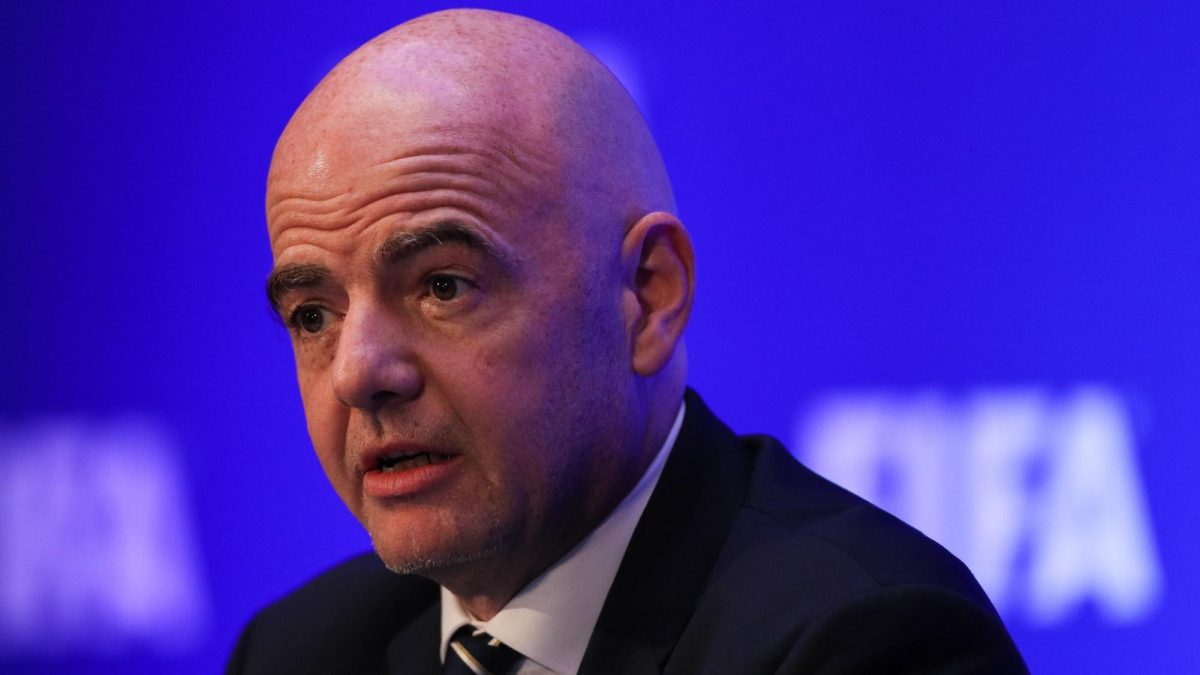Earlier this month, FIFA announced its unprecedented plan for the 2030 World Cup. The tournament is set to be held in six different countries across three continents: Spain, Portugal, Morocco, Argentina, Uruguay and Paraguay.
Spain, Portugal and Morocco are set to host the bulk of the tournament with Argentina, Uruguay and Paraguay hosting one match each to commemorate the 100th anniversary of the first World Cup in 1930.
Originally, these were two separate bids pitted against each other. It was Spain, Portugal and Morocco vs. Argentina, Uruguay and Paraguay. FIFA was going to have to make a tough choice. Instead, they avoided that decision entirely and made both sets of bidders happy.
But by doing this, FIFA has continued to alter something that doesn’t need altering. This began with the unnecessary expansion of the World Cup field to 48 teams beginning in 2026. And now, this three-continent World Cup will have numerous negative effects on the competition.
First, all six of these host nations will automatically qualify for the 2030 World Cup.
It’s understandable that Spain, Portugal and Morocco would automatically qualify considering the majority of the competition will be held in those nations. But for Argentina, Uruguay and Paraguay to automatically qualify when they will only host one match? That doesn’t make sense.
South American World Cup qualifying is notoriously difficult. Paraguay hasn’t qualified for the tournament since 2010, and Argentina nearly missed the 2018 edition if not for heroics from Lionel Messi on the final match day of qualifying. To give these three nations automatic qualification puts the rest of South America at a disadvantage. A country like Bolivia will only host one less match than Paraguay in 2030, yet their road to the tournament is infinitely more difficult.
The three non-host teams who will play a match in South America will also be at a disadvantage. While Argentina, Uruguay and Paraguay get the benefit of playing a match in front of a home crowd and automatically qualifying for the tournament, the three teams who have to play them don’t. Having to play your first match in South America and then flying across the Atlantic Ocean to a different time zone for the rest of the tournament is not an easy thing to do. When the other nations at the tournament don’t have to worry about that extra travel, it’s not fair for the teams that do.
Say a team like Panama is drawn to play their opening game in Uruguay. How are Panamanian fans expected to follow their team at the tournament? It’s expensive enough to follow a team around one country, much less different continents.
At the end of the day, this was a political decision from FIFA. It was rumored that Argentina, Uruguay and Paraguay would push their bid to 2034 if FIFA ended up choosing Spain, Portugal and Morocco for 2030. But Saudi Arabia has been very public about their desire to host in 2034.
By allowing the three South American countries to get a share of the spoils in 2030, the door is open for Saudi Arabia to host four years later with little competition from elsewhere. We already know that FIFA doesn’t care about human rights records based on their decision to host the 2022 tournament in Qatar, so it seems in all likelihood that a Saudi World Cup is coming in 11 years.
In trying to appease everyone, FIFA is once again diluting their most famous competition. I understand that competitions change over time. The World Cup is certainly no different. But these changes don’t provide any sporting value to the competition.
Expanding to 48 teams was about expanding profits. And hosting the 2030 edition isn’t about commemorating 100 years of the World Cup. It’s about eliminating the competition so Saudi Arabia can host in 2034. Few of FIFA’s decisions actually have to do with the sport of soccer, although that’s what we’ve come to expect from them at this point.





































































































































































































